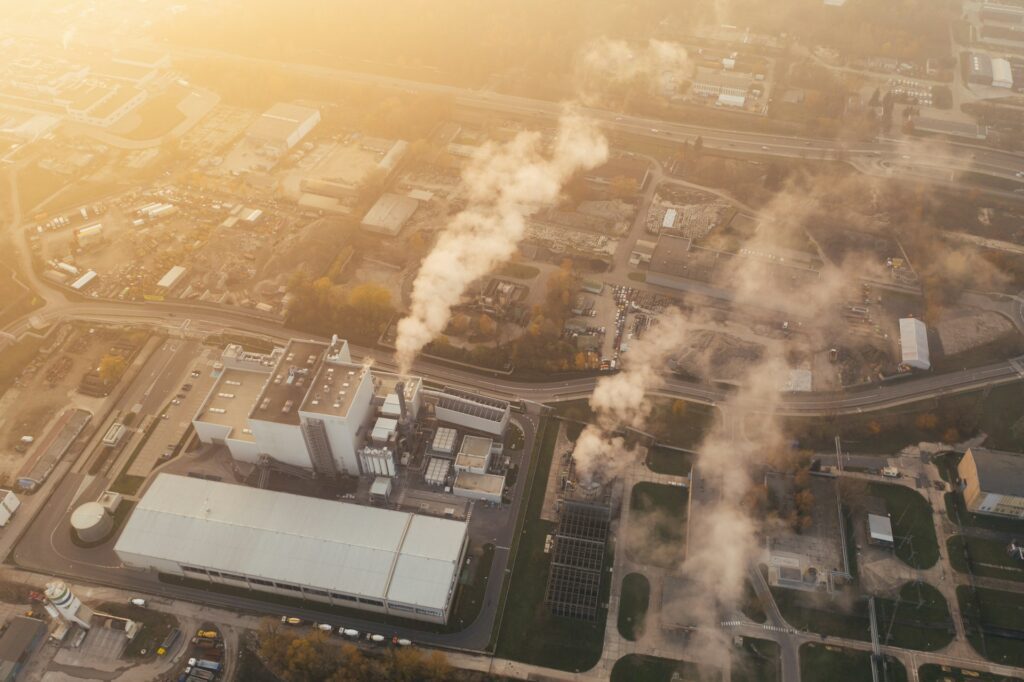Nestled in the heart of West Africa, Burkina Faso is a hidden gem surrounded by its more well-known, coastal neighbors. While West Africans in general are notorious for their friendliness, Burkinabés, as its citizens are called, have good reason to claim they are the most hospitable. After all, Burkina Faso, loosely translated, means “land of honorable/incorruptible people.”[1][2]In terms of wildlife, the country is surprisingly diverse, boasting elephants, hippopotamuses, buffalos, monkeys, lions, crocodiles, giraffe, and antelopes.
Thus, despite being one of the world’s poorest countries, Burkina Faso has much to offer anyone visiting West Africa. To improve the lives of its 22.6 million Burkinabés while simultaneously attracting more foreign investment and increasing tourism, government leaders are heavily focused on achieving the country’s sustainable development goals.[3]
As part of this effort, Burkina Faso has partnered with the United Nations Environment Programme’s (UNEP) Chemicals and Waste Management Programme on a 3-year project to tackle the country’s biggest chemicals and waste management challenges. As government leaders have noted, the health of Burkina Faso’s people and land—and in turn the country’s future—is directly tied to the success of this initiative.
Fortunately, Burkina Faso is already a party to the Basel, Rotterdam and Stockholm Conventions and the Minamata Convention, giant first steps that represent the country’s commitment to environmental and public health. Through UNEP funding, Burkina Faso will now strengthen its ability to effectively implement and then build upon these conventions.
Currently, most chemicals used in industry, agriculture, and human and animal health within the country are both imported and not regulated. For example, a study by the Ministry in charge of Scientific Research found that 95% of pesticide distributors surveyed in the far west of Burkina Faso do not have an approval issued by the competent technical structures. Just as alarming, at least half of the pesticides they used were not registered. Such issues are a result of Burkina Faso lacking the technical know-how and resources to manage chemicals and wastes in an environmentally sound manner. The UNEP project, coordinated by leaders within Burkina Faso’s Ministry in charge of the Environment and a soon-to-be established National Committee on Hazardous Waste Management, will develop solutions to these problems.
The first step is strengthening the institutional and regulatory framework for hazardous chemicals and waste management. The current system in Burkina Faso is characterised by insufficient regulations and institutional compartmentalisation, which do not allow for a holistic consideration of environmental, health, and safety aspects. To ensure everyone is working toward the same goal, the project will support the development of a National Chemicals Management Profile and a Strategic Approach to International Chemicals Management (SAICM) Implementation Strategy. These will be informed by working groups carrying out a national inventory of hazardous wastes and other wastes and an evaluation of the legal and institutional frameworks regarding chemicals and waste management.
Along with arming government stakeholders with a national strategy to get behind, the project also funds developing tools that can help businesses generating, recovering, or disposing of hazardous chemicals and wastes to reduce their environmental footprint. One tool envisioned is a guide on best environmental technology and best available technology on hazardous waste management. This guide will provide stakeholders with action plans for their organization’s protection against hazardous waste and guidance on strengthening their safety cultures.
To address the knowledge gaps existing among those charged with chemicals and waste management governance, the project also supports knowledge and experience-enhancing opportunities. These include two study tours for stakeholders to both learn and work with their counterparts within Ghana and Côte d’Ivoire. To bring together even more people, trainings will be organized for at least 250 actors representing private companies and civil society organisations in hazardous waste management.
Governmental officials expect to see a significant, long-lasting change in the country’s improvement of chemicals and waste management thanks to the project’s multifaceted approach. In time, through the hard work, collaboration, and sustained commitment of all industry stakeholders, Burkina Faso expects to meet its commitment to protecting public and environmental health through sound chemicals and waste management. Once accomplished, it may serve as a model for other countries that have far to go but are determined to succeed.
Source link : https://www.unep.org/technical-highlight/burkina-faso-paving-way-toward-sound-chemicals-and-waste-management
Author :
Publish date : 2023-06-16 07:00:00
Copyright for syndicated content belongs to the linked Source.
